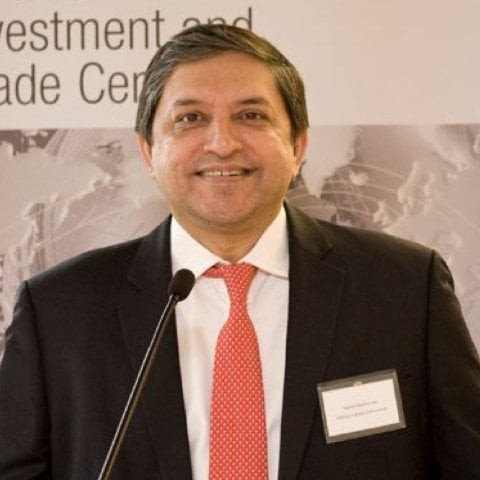Shadow budget: PPP proposes 25% hike in pay, pension
Stresses additional Rs47b needed in health sector

Senator Salim Mandviwalla. PHOTO: TWITTER
Unveiling the party's shadow budget in a press conference on Tuesday PPP Senator Salim Mandviwalla urged the government to make a separate fund for social protection of vulnerable groups and include the transgender community in the poverty alleviation flagship BISP.
“At Rs5.8 trillion the shadow budget envisages Rs825 billion in revenue and Rs4 million new tax filers. It also calls for restructuring the FBR to raise revenues and diverting resources to enhance social and food security,” Mandviwalla said.
He stressed that an additional allocation of Rs47 billion per year to the health sector is needed to bridge the yawning gap in this sector.
The senator stated that a pilot project of health insurance will be introduced in the first stage in Islamabad to serve as model for provinces. “Provinces will be persuaded to raise education spending to achieve the target of 5 per cent of GDP in the next five years.”
PPP to focus on unemployed youth bulge
“Sales tax on goods and services and provincial excise will be collected by Provincial Board of Revenue. Federal excise will also be collected by the provincial Board of Revenue and transferred to federal government on agreed terms,” Mandviwalla said explaining salient features of the shadow budget.
The party vowed to build on priority western route agreed to in the May 2015 APC in the PM house but dumped by the government. Special training programmes will be devised to initiate businessmen into trading with China.
“To heal the wounds of most underdeveloped and militancy-infested areas of Balochistan, Khyber-Pakhtunkhwa and tribal areas the centrepiece of CPEC was the western route of the Corridor,” he said.
Mandvialla deplored that the National Industrial Policy 2011 aimed at turning Pakistan into “a factory for the world rather than a shop” was not implemented by the government.
"Nawaz Sharif is a businessman and he ought to know that continuity of economic policies must not become a casualty of politics," he said and vowed to revive the 2011 industrial policy.
To break the vicious cycle of taking loans for repayment of old loans, PPP proposed involving private sector in infrastructural development and a massive reduction in debt-financed investment in infrastructure by the federal government.


















COMMENTS
Comments are moderated and generally will be posted if they are on-topic and not abusive.
For more information, please see our Comments FAQ